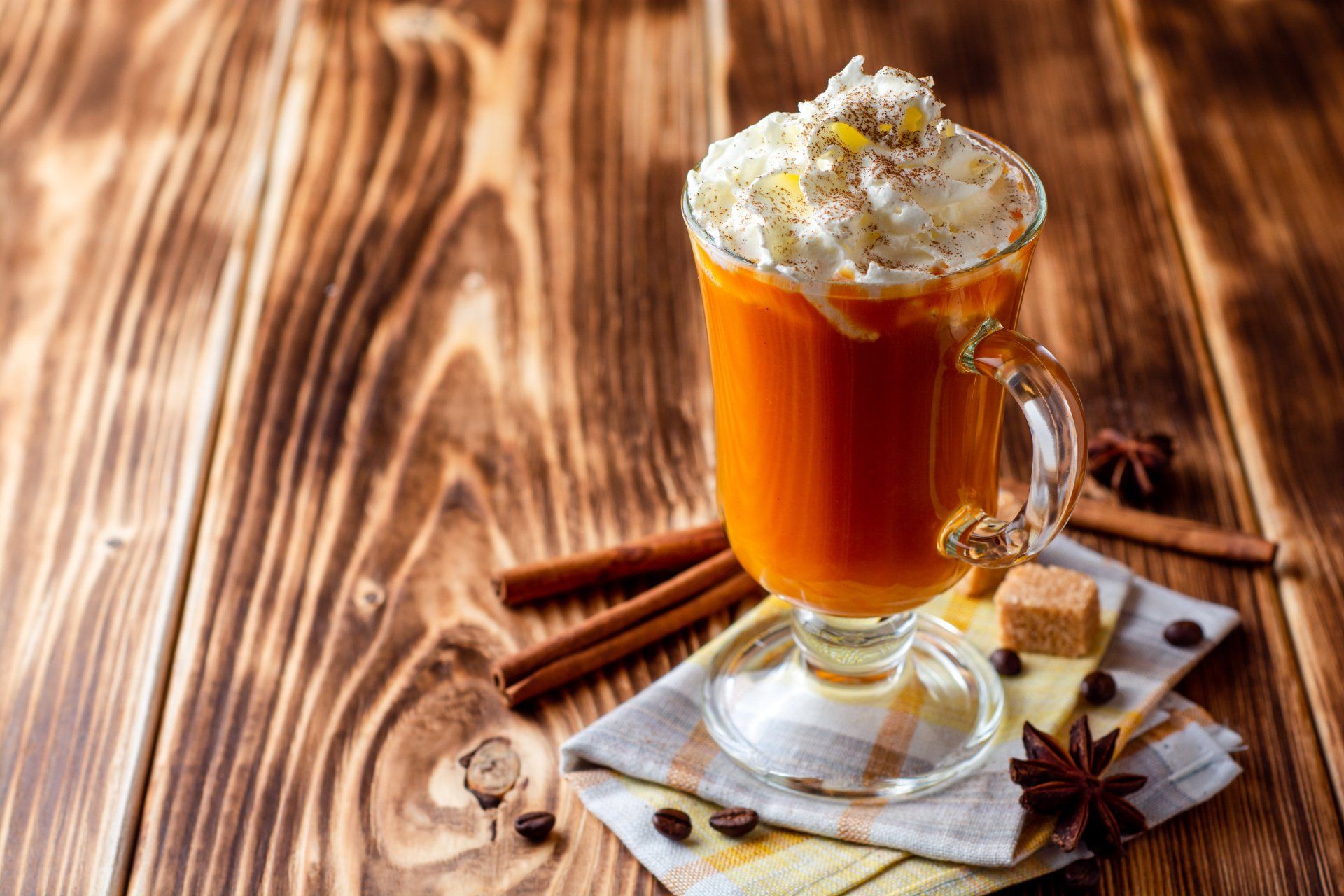Peak Flavor, Peak Performance: Coffee And The Athletic Edge
When fellow cyclist and roastmaster at Equiano Coffee, Okon Udosenata, asked if I would write an article on the effect that coffee has on athletic performance I jumped at the opportunity! You see, I’m both a semi-professional athlete (I get paid intermittently) and a career coffee Barista.
Personal Experience with Coffee Before a Ride
As an early morning exerciser, it’s not uncommon for me to enjoy a cup or two of my favorite brew before heading outdoors for a vigorous workout on the bicycle. Frequently I’ll notice the effects of my caffeinated cup when it begins to manifest itself in the form of “the jitters” and stomach irritation. But beyond these symptoms, I haven’t noticed a specific influence or impact on my ability to workout longer or recover from my workout quicker.
With just a little old fashioned digging via the Google button on the ole internet machine, I was able to find a myriad of studies and articles on the subject. What I found is well summed up by this quote from a 2014 article published in The Atlantic- “Caffeine has become the performance-enhancing drug of choice in competitive sports. Using it in precise ways, and not excessively, seems most effective.”
Athlete Testimonials on the Benefits of Caffeine Before Exercise
It was easy to immediately find plenty of first-hand examples to back this up. “Caffeine is critical, particularly if you want to perform and have any success at the top level.” -Sarah Piampiano (women’s second place, 2012 Ironman U.S. Championship). Four-time Olympic marathon runner Shalane Flanagan drinks 2-4 cups of coffee each morning before workouts and record-breaking professional cyclist Evelyn Stevens drinks 1-2 cups each morning. I reached out to Allan Luebke, a friend who’s dietary & exercise adventures I follow on Instagram [@ketoencounters]. Allan adheres to a strict ketogenic diet that lacks the carbohydrate fuel that would otherwise be used by his body during his religious daily workout routines. He says, “…black coffee right beforehand [working out] would probably be a nice boost.” And “I generally try to have coffee before I lift weights…”
Coffee Does Improve Physical Performance
According to the Institute for Scientific Information on Coffee’s website, coffeeandhealth.org , “There is clear evidence that caffeine…. can improve physical performance.” And “The effect of caffeine on sports performance is most evident in endurance (aerobic) sports lasting more than five minutes e.g. running, cycling and rowing.” Studies have also shown that in endurance exercise, caffeine improves time trial performance and has shown a reduction in muscle pain.
More good news. For those of us athletes that love our coffee is that caffeine may modulate central fatigue, a type of fatigue caused by neurochemical changes in the brain associated with prolonged exercise, and therefore influence perceived exertion, perceived pain, and levels of vigor, all of which are likely to lead to improvements in performance.
So whether you’re a semi-serious athlete like myself, a competitive cyclist like my friend Okon at Equiano Coffee or a dedicated professional athlete, the subject of coffee and its caffeine content as it relates to physical performance is worth a simple web search. You are sure to find more articles, studies & opinions than you’ll ever need for your own enlightenment.
How Much Caffeine Should We Use
How much coffee you need to drink and when, in relationship to our physical performance, will be different for each of us. According to Dr. Rahim Kanjind at
rahimkanjind.com , genetics plays a role in how each of us is affected by the caffeine in our favorite cup of coffee. Caffeine activates a nerve in the stomach causing it to dump its content into the intestines and from the intestines, it’s absorbed into the bloodstream. And that’s where our individual genetic makeup comes into play.
Fast Metabolizers vs. Slow Metabolizers
Your liver contains many different enzymes, each metabolizing different drugs. Your genetics determines how much of an enzyme is produced. Therefore, someone who produces less of an enzyme will metabolize a drug like the caffeine in coffee slower.
The liver of a “fast-metabolizer” will process the caffeine quicker and the effects of the caffeine on their body will be of a shorter duration. Conversely, the liver of a “slow-metabolizer” will de-activate caffeine at a slower rate which means that the caffeine remains in their brain for a longer period of time.
Logically, as a matter of course, we may want to experiment for ourselves to gauge how our morning cups affect our performance during workouts and competition and how long those effects tend to influence our performance, muscle pain & recovery time. We might conclude that a fast-metabolizer may enjoy a cup or two of coffee just prior to working out while a slow-metabolizer may enjoy their coffee an hour or two before working out in order to enjoy top performance. “Other factors that can speed up metabolism include; grilled meats, broccoli, cauliflower and being young & lean,” says Dr. Kanjind.
Drug of Choice in Competitive Sports
The best way I can sum up our look at coffee and athletic performance is to leave you with the quote that I started this article with, “Caffeine has become the performance-enhancing drug of choice in competitive sports. Using it in precise ways, and not excessively, seems most effective.”
From now on, I’ll be paying closer attention during my workouts and how my morning cup may be affecting my physical endurance, intensity, muscle pain and recovery time. In fact, Okon and I will both be noting our experiences with using coffee as a part of our daily workouts for the next several months and reporting back to you in part 2 of this article. We’ll also be talking with local medical professionals and athletes to bring you some more first-hand experiences with caffeine and athletic performance!
If you would like to explore more about peak flavor and peak performance for yourself, some of my favorite coffees are masterfully sourced and roasted by Okon himself at Equiano Coffee. You can find Equiano’s coffees at
equianocoffee.com or at the Equiano Coffee Tasting Room, 300 Blair Blvd. if you live in Eugene.











